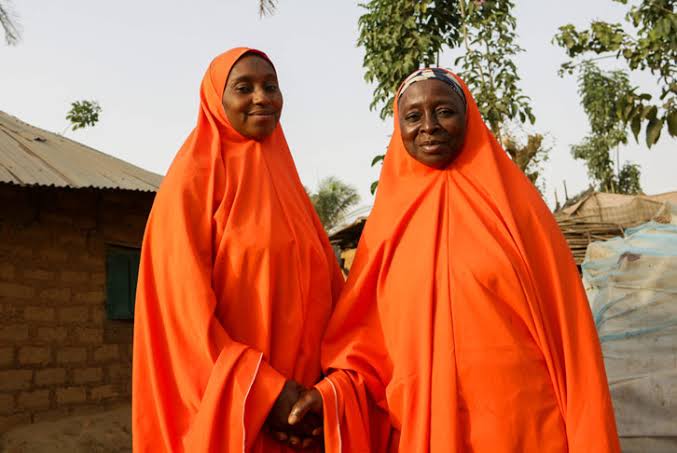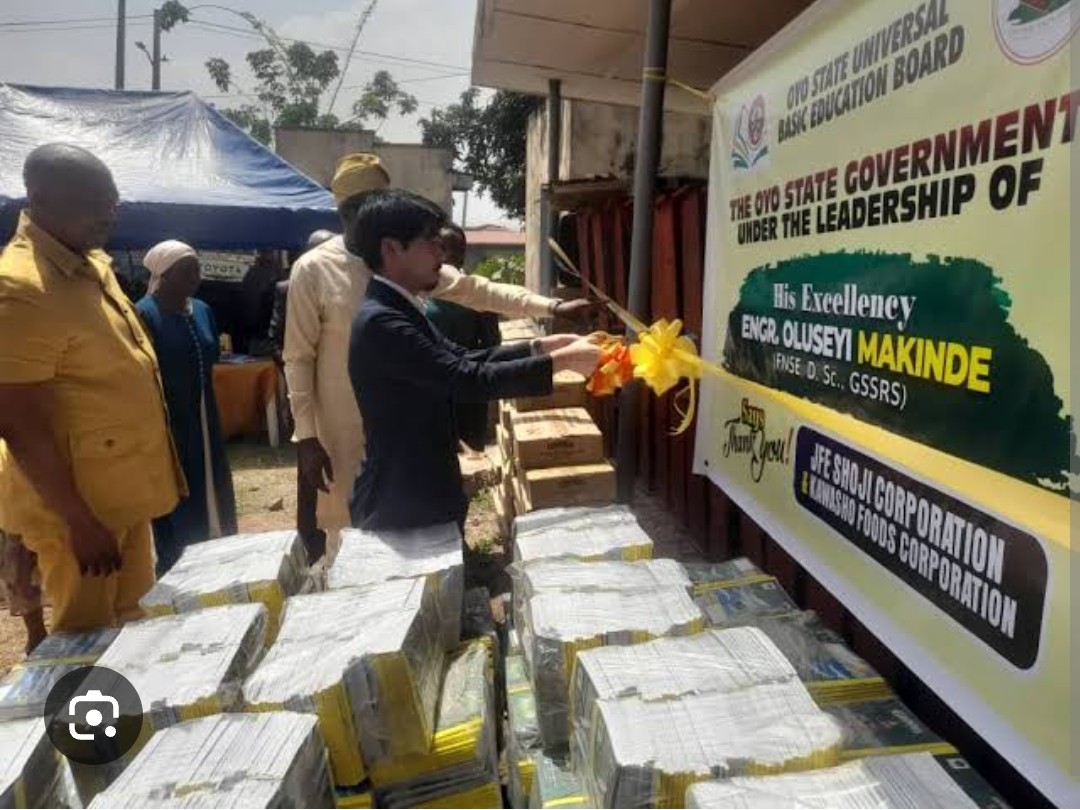The evolution of the women’s rights movement has been marked by both remarkable progress and persistent challenges. Spanning centuries, the global effort to advance women’s rights has led to significant legal reforms, cultural shifts, and new opportunities for millions of women worldwide. Despite these gains, however, significant disparities persist, with different regions and communities facing distinct barriers and obstacles.
In countries like Nigeria, women often confront formidable hurdles, including limited access to education, employment, and healthcare opportunities. In developed nations, issues such as pay inequalities, workplace discrimination, and underrepresentation remain pressing concerns. To gain a deeper understanding of the state of women’s rights, it’s essential to examine data and statistics that illuminate both progress and existing gaps, providing a clearer vision for the road ahead.
In Nigeria, for instance, several statistics paint a concerning picture:
* The country accounts for nearly 20% of global maternal mortality rates, according to the World Health Organization (WHO).
* A staggering 19.5% of women have undergone female genital mutilation (FGM).
* One in four girls experience sexual violence before reaching the age of 18, as revealed by UNICEF.
* Nearly a third of women aged 15-49 have experienced physical violence, as per data from the Nigerian Demographic Health Survey.
* A significant 16% of girls are married before turning 15, while nearly 43% are married before reaching 18 years old.
* Women’s representation in Nigerian politics is limited, with only 6% of lawmakers being female, as per Statista data.
* A notable 25% of mothers view their most recent child as the result of an unwanted pregnancy.
* Thirty percent of girls aged 9-12 have never attended school.
* Data from the Global Economy reveals that fewer than half of women are part of the labor force.
These statistics serve as a stark reminder of the myriad challenges women in Nigeria face, and it is crucial to acknowledge and address these issues to ensure progress toward a more equitable future.



